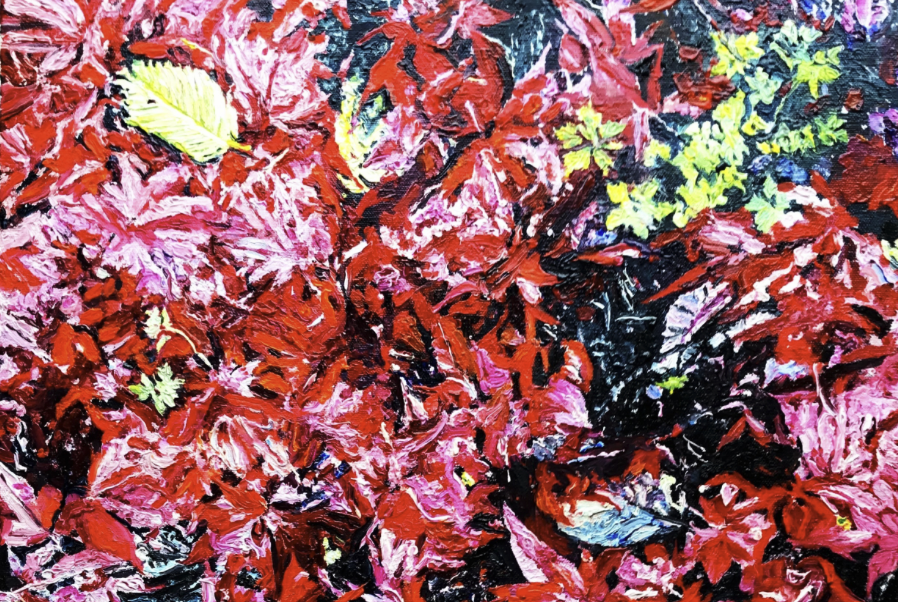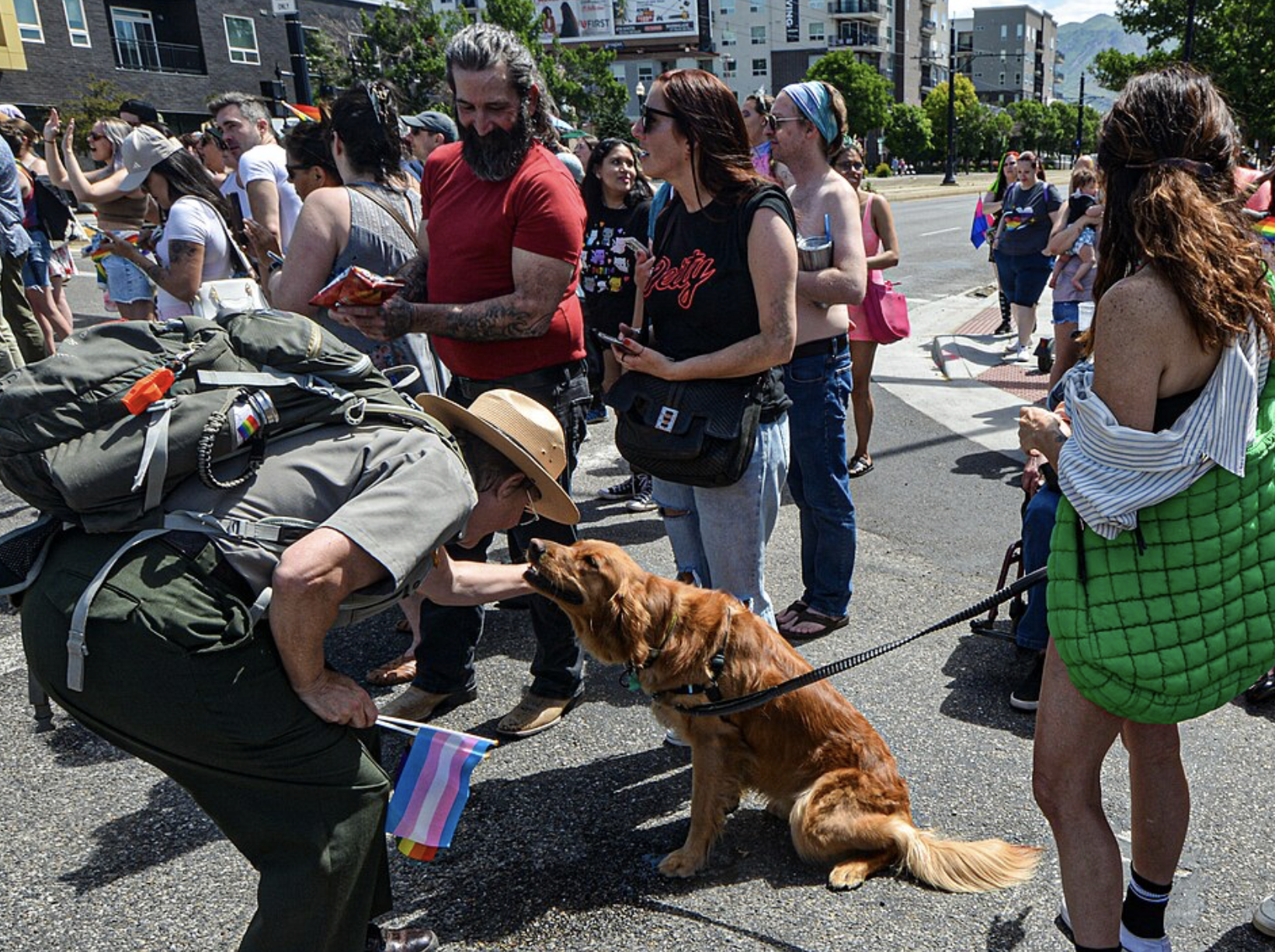In Order To Be Heard
There’s been lots of overt political theatre this week. The theatre in order to be heard.

There’s been lots of overt political theatre this week. The theatre in order to be heard.
Our local MP, David Seymour, has been acting up for a while. In order to be heard. To gain media moments. In order too, as the leader of any minor political party knows, to attract a larger minority to his ranks.
Hon Seymour doesn’t act up to please the middle or convince the majority. He’s not into reconciling differences. That’s the role of major parties. Not his.
In this case David’s role is to disturb, to pick apart the stitching (particularly where a thread is perceived to be loose), and to play to that disgruntled section of the national audience that thinks others are getting it better than they.
And,in this case, in the twisted logic of racism, the privileged ‘others’ are Māori. Despite all that undisputed history and those appalling statistics that say otherwise.
The loose thread he’s pulling is the word ‘partnership.’ Which is a word courts have used in recent decades as they have interpreted the consequences of TeTiriti o Waitangi vis a vis rights and property rights. And a word which church denominations have used as they have talked about Te Tiriti. And a word that parliament and politicians have also used.
TeTiriti has always been about more than rights and property rights. For it was fundamentally thought of by its signatories as a sacred covenant. A covenant of trust, protection, honouring mana, and guaranteeing tino rangatiratanga. For both covenanting partners. It was a coming together of two worlds with good will and hope prevailing. And it was an attempt to hold back the violence (physical, cultural, and spiritual) of those who served the market of those Pākehā settlers hungry for land and privilege however acquired.
But then, in the years and decades following, the coming together was pulled apart by the settler government ignoring the understanding of the Treaty that had prevailed (on both sides) when it was signed. George Grey and others ripped it up and assigned it to the bin of past-events-that-can-be-ignored. Where it remained for most Pākehā until about the 1980s. And where it never remained for most Māori.
Our current parliament is the successor of that settler government, with rules of order devised in mother England, working within the framework of only one of those cultural worlds, yet trying still, despite the likes of Hon Seymour, to be a government, founded on a bicultural covenant, for all who live here.
Enter Hana-Rawhiti Maipi-Clarke. 22 years old, parliamentarian, schooled in kōhangareo, te reo Māori, and mātauranga Māori. Who in response to Seymour’s performance offered her own.
Afterthe vote was taken (its outcome predetermined by the whips), she ripped up a copy of the bill and led a haka (that has since been viewed 700 million times).
This too of course is political theatre. In order to be heard. And in Te Ao Māori, the Māori worldview, which is not a hand-me-down from mother England, but a hand-up to all who live here, it is perfectly in order. As much as say a haka at a rugby match.
And, further, it was absolutely the right thing to do, in that order, when the sacred covenant, signed by her tipuna and my pākehā forbears was in danger of being dishonoured, namely considered a document that could be renegotiated by only one side.
Maipi-Clarke is not alone. Today some 30,000 plus are estimated to be in Wellington, flying all manner of flags, to add their voice, while others cheer them on from afar. Lots and lots of others. Entreating, demanding, that we all toitu Te Tiriti (honour the Treaty). More political theatre, in order to be heard.
Glynn
Artwork by Huriana Kopeke-Te Aho




